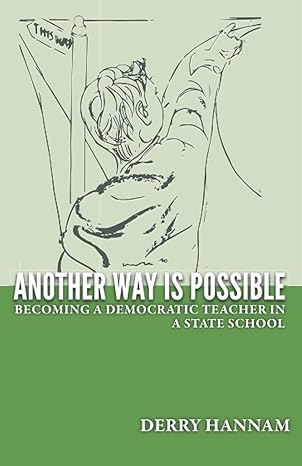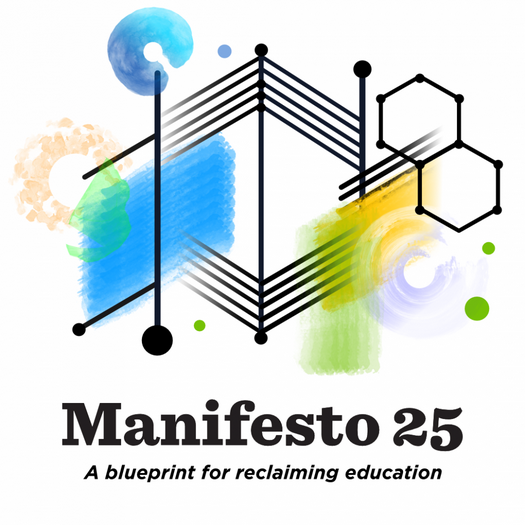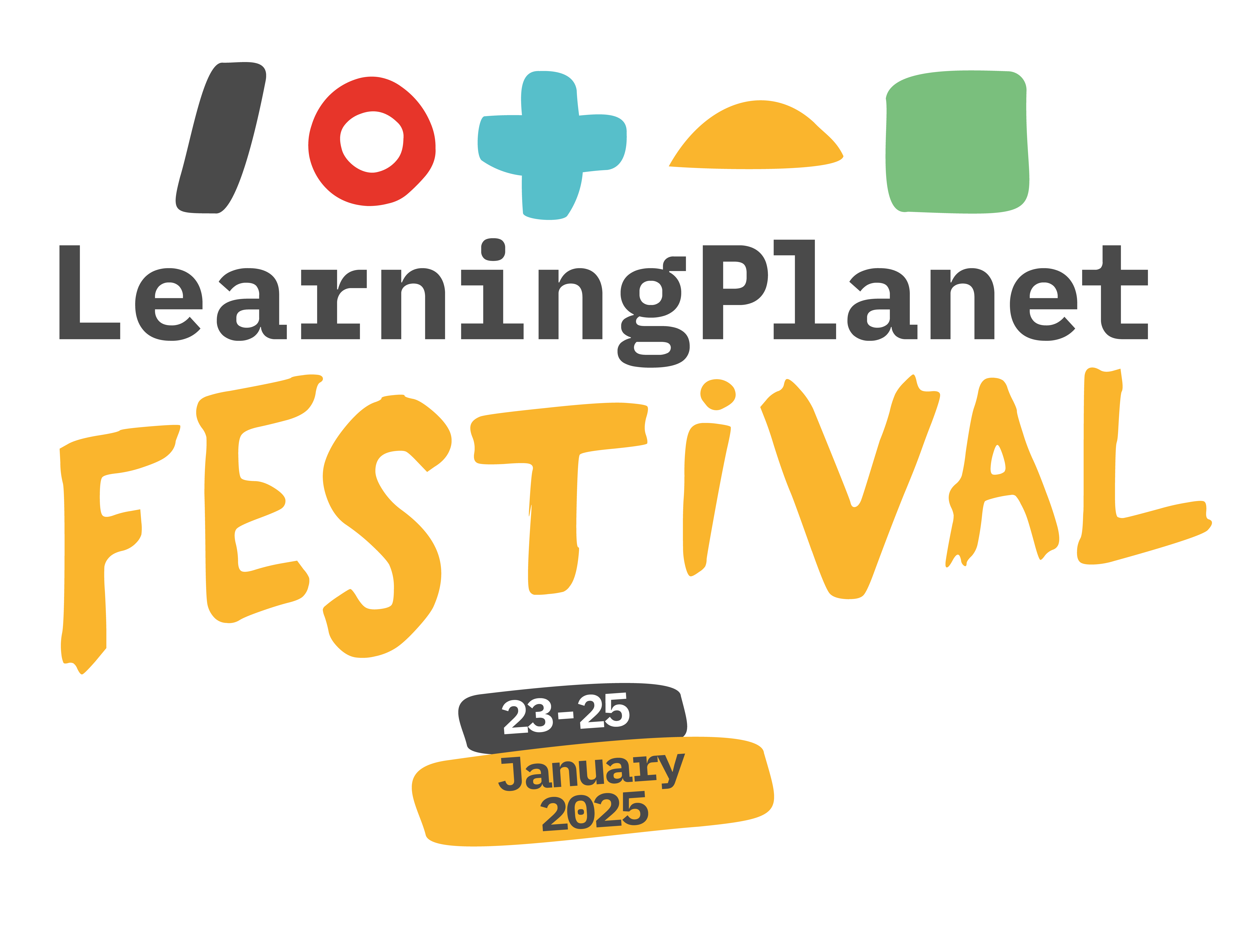European Democratic Education Community
participation in the global conversation called by UNESCO’s “Futures of education” project
Knowledge production, access and governance
- Threats to knowledge becoming a global common good.
There is a widespread global decline in student interest in compulsory, coercive, prescribed curriculum in many state school systems which is not found where students have some opportunity to direct their own learning. State systems often claim to develop autonomy and creativity in students but in reality fail to do so as experiential self-directed learning in contexts of democracy and human rights, which are known to encourage these qualities, is not provided.
Too often students are not encouraged to think holistically but are forced through a narrow subject based curriculum which has little coherence or meaning to them. Ecological thinking is not developed in school systems that reflect the values of monopolistic exploitative capitalism. In such systems students are not equipped to face either the challenges of climate change or to question the threats to democracy presented by the growth of nationalistic xenophobia, dictatorship and ‘my country first’ism.’
Educators who raise these issues and present new thinking are too often regarded as a threat to the status quo and are either ignored or silenced by those with power.
We are also concerned by the growth of high stakes testing through such programmes as “No Child Left Behind.” We believe that these lead to a narrowing of the curriculum, teaching to the test, high levels of anti-learning anxiety and fear of failure. In these environments the arts become marginalised and disappear. This in turn damages well-being, is destructive of self-esteem, creativity and motivation to learn – the very qualities that are desperately needed if the global crises facing humanity are to be resolved.
- Encouraging and Hopeful things
New thinking about education is bringing people together worldwide, including those from different scientific fields, that is enabling the creation of a more democratic learning environment. There is an international movement to rebalance traditional fact-based learning with skills that are at times perceived to be more important than university degrees. There is also a growing recognition of the value of ‘old knowledge’ including that of indigenous peoples. This is being fostered both at the grass roots and at political levels.
The internet is enabling powerful new access to and exchange of information, knowledge and good practice together with a sharing of resources.
Academic research in fields such as psychology, biology and neuro-science is increasingly supportive of the theory and practice of democratic education – for example the work of Peter Gray in allowing and encouraging play, curiosity and collaborative learning. The need to trust children and young people to take more control of their own learning is becoming better and more widely understood.
The links between agency, autonomy, connectedness and well-being are being recognised as crucial to enabling young people to meet the challenges of the Fourth Industrial Revolution (4IR) and climate change. Low cost connectivity and the growth of Citizens Assemblies are furthering the spread of this understanding.
The growth in the practice of self-directed and self-managed learning within the democratic school movement and in a minority of state school systems together with the spread of open-space learning and MOOCs are enabling young people from all over the world to learn together about topics that inspire and concern them.
We are also encouraged by the increasing realisation of the importance of learning in and from nature as an essential component of the development of the global citizenship described in Target 7 of Sustainability Goal Four (SDG4) on UN Agenda 2030.
- How Can We Reimagine Schools and Education
Schools should become democratic places where democracy and human rights are practised daily and learned experientially. Children and young people should have opportunities to develop agency, autonomy, creativity and curiosity exercising choice and voice. Schools should immediately allocate 20% of curriculum time to the concerns, questions and interests of the students in spaces that encourage and allow for self-directed learning in mixed age groups. Opportunities for exploration in the arts should have equal status to technology in developing skills for the 21st century. The % time for self-directed learning should increase steadily and schools should gradually network at the level of the city or municipality, eventually morphing into all age learning centres that are locally grounded but globally connected.
Resources for learning at all levels, including university, should be available to all who wish to access them whatever their age or existing certification.
The preparation of teachers/staffers should change to develop the facilitation skills that such a reimagined school/education system will require. This should be supported by the development of theory in philosophy, psychology and pedagogy all of which should be underpinned and guided by appropriate programmes of research.



